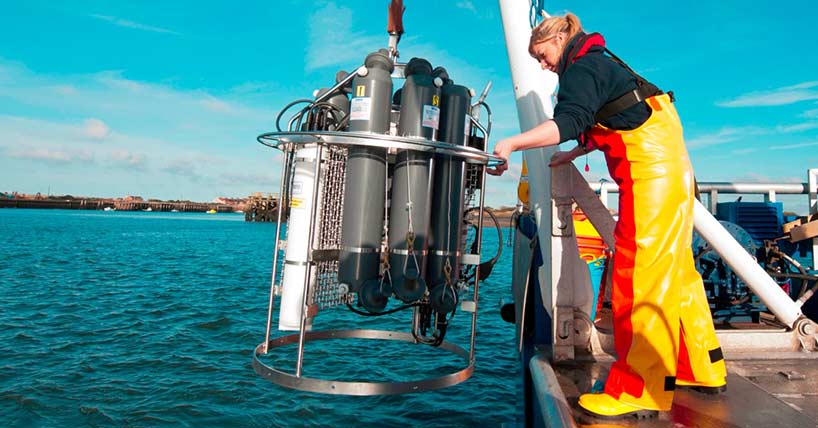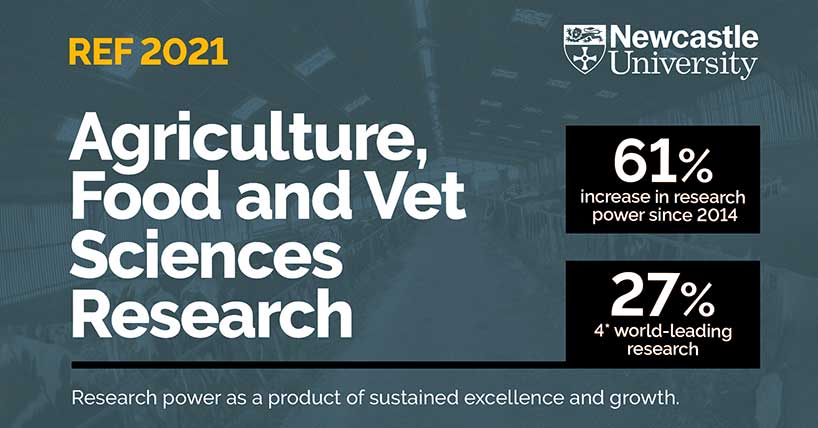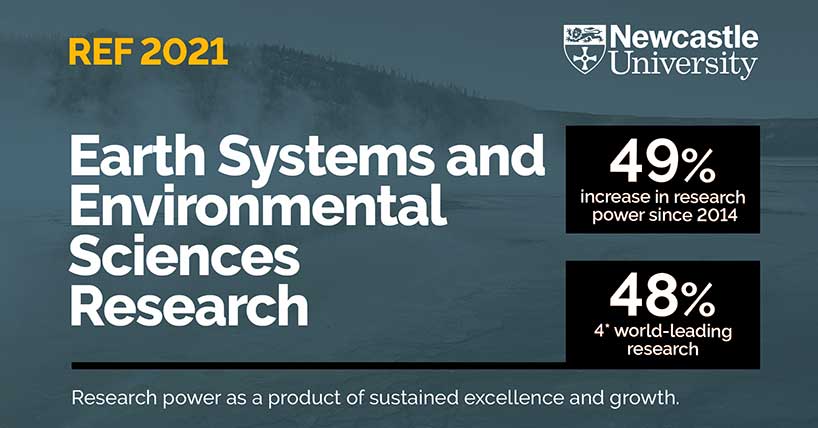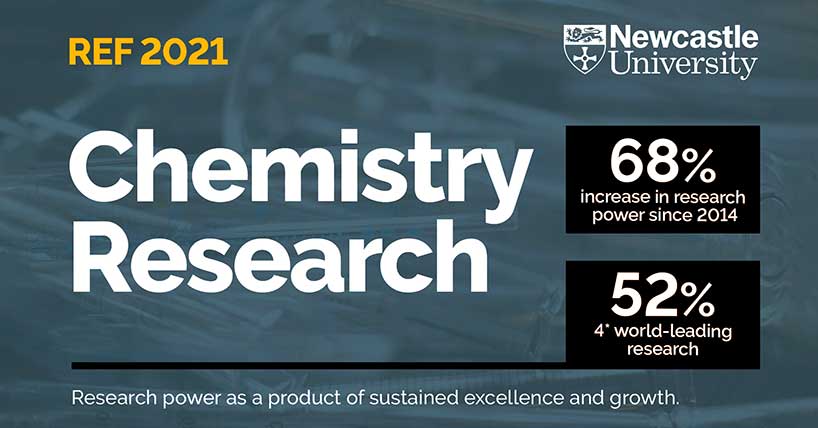Postgraduate Research
Our research programmes will provide you with a rich and inspiring experience that gives you high-level skills for a variety of careers.
Welcome from our Directors of Postgraduate Research
Studying a PhD is both challenging and rewarding, and choosing where to study is an important decision. At Newcastle, our experienced team is dedicated to supporting you throughout your journey.
We look forward to welcoming you and supporting your research ambitions.
Why choose Newcastle?
- Innovative research: Tackle global, regional, and national challenges with interdisciplinary solutions.
- Real-world impact: Collaborate with experts and partners to turn your research into tangible benefits for society, policy, and the economy.
- Outstanding support: Enjoy a nurturing environment with guidance from experienced academics and state-of-the-art resources.
What's a PhD
A PhD refers to a Doctor of Philosophy degree. It is a postgraduate research degree awarded by universities in the United Kingdom. It is recognised as a mark of advanced knowledge in a particular subject.
Most PhD's take three to four years of full-time study. This can vary depending on the field of research and the individual's progress. During a PhD students will conduct original research. This is under the guidance of a supervisor or a team of academic advisers.
PhD students will normally write a thesis or dissertation based on their research findings. They must defend their research in front of an examination committee (this oral test is called a viva). The thesis is assessed, and if it meets the required academic standards, the candidate is awarded a PhD degree.
Subject areas
How to apply for your PhD
We accept PhD and MPhil applications at any time during the year.
Either: Browse our pre-designed projects (go to step 6)
Or: Propose your own project - suggested topics are available on each subject page.
Step 1: Find and contact prospective supervisors.
Step 2: Write a research proposal. For chemistry applications, please add key words related to your research area.
Step 3: Check entry requirements and fees on our course pages. Potential funding options are also available.
Step 4: Apply via our online portal. You'll need to include the programme code, supervisor name and project or funding details if applicable
Step 5: Receive your offer – this will normally be a conditional offer.
Step 6: Accept your offer via the online portal.
Step 7: Send in any documents to meet the conditions and register!
You can only submit one application but this can be linked to multiple projects and studentships. You must specify this on the application form or in your cover letter.
If you’ve already submitted your application, you can link it to another project or studentship by sending an email to pgadmissions@ncl.ac.uk.
Contact us
If you need help with your application, you can email our team.
Email: snes.pgr.support@ncl.ac.uk
Postgraduate student support
All successful candidates, regardless of funding, will receive:
- a new laptop computer
- a desk in a shared office with docking station, monitor, keyboard and mouse
- the option to have a more experienced student as a Peer Mentor to help you settle in
- personal and professional training and access to local masters-level modules
- dedicated support from our School Wellbeing Advisors
- access to a School travel fund for conferences
- the opportunity to assist in lecture courses, tutorials and other paid work, known as demonstrating
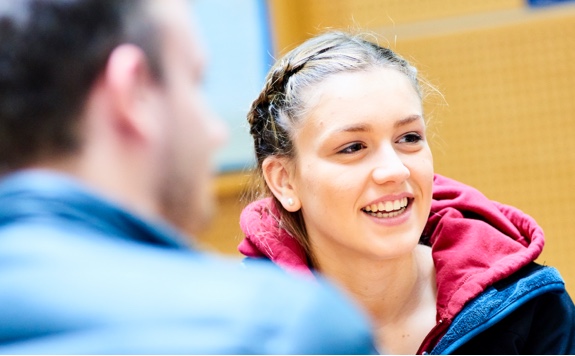
Teaching as a postgraduate student
Teaching is a valuable way to build skills that will benefit your future career. In the School of Natural and Environmental Sciences (SNES), we offer teaching opportunities to help you gain experience and improve your educational journey. Your role as a teacher enriches both your learning and the wider university community.
How to start teaching
- Registered postgraduate SNES students: You can access teaching and demonstration opportunities, along with guidance, on Canvas.
- Students outside SNES: If you’re interested in teaching and demonstration opportunities in SNES, please email snes.pgr.support@ncl.ac.uk.
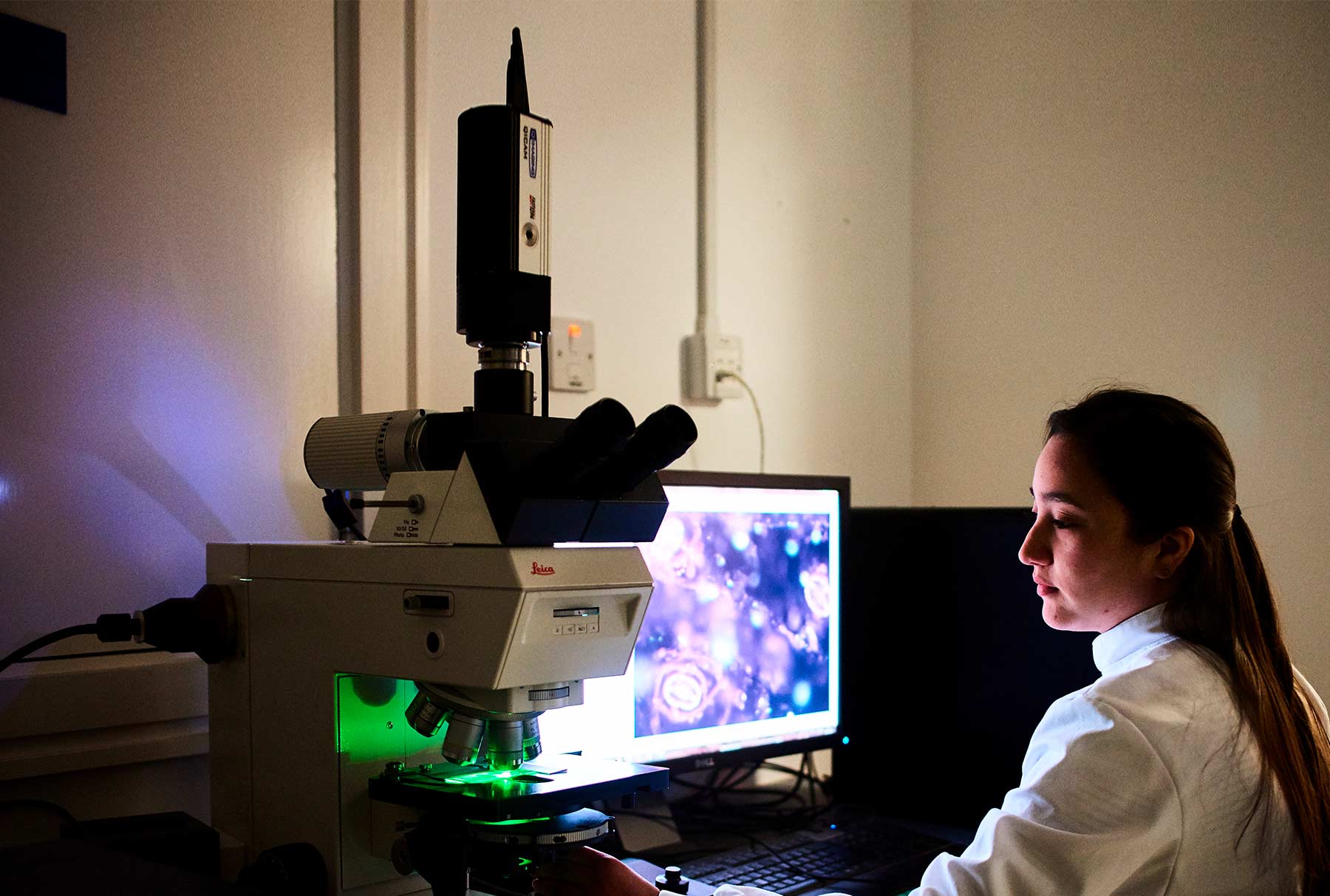
.jpg)
.jpg)
.jpg)
.jpg)
.jpg)
.jpg)
